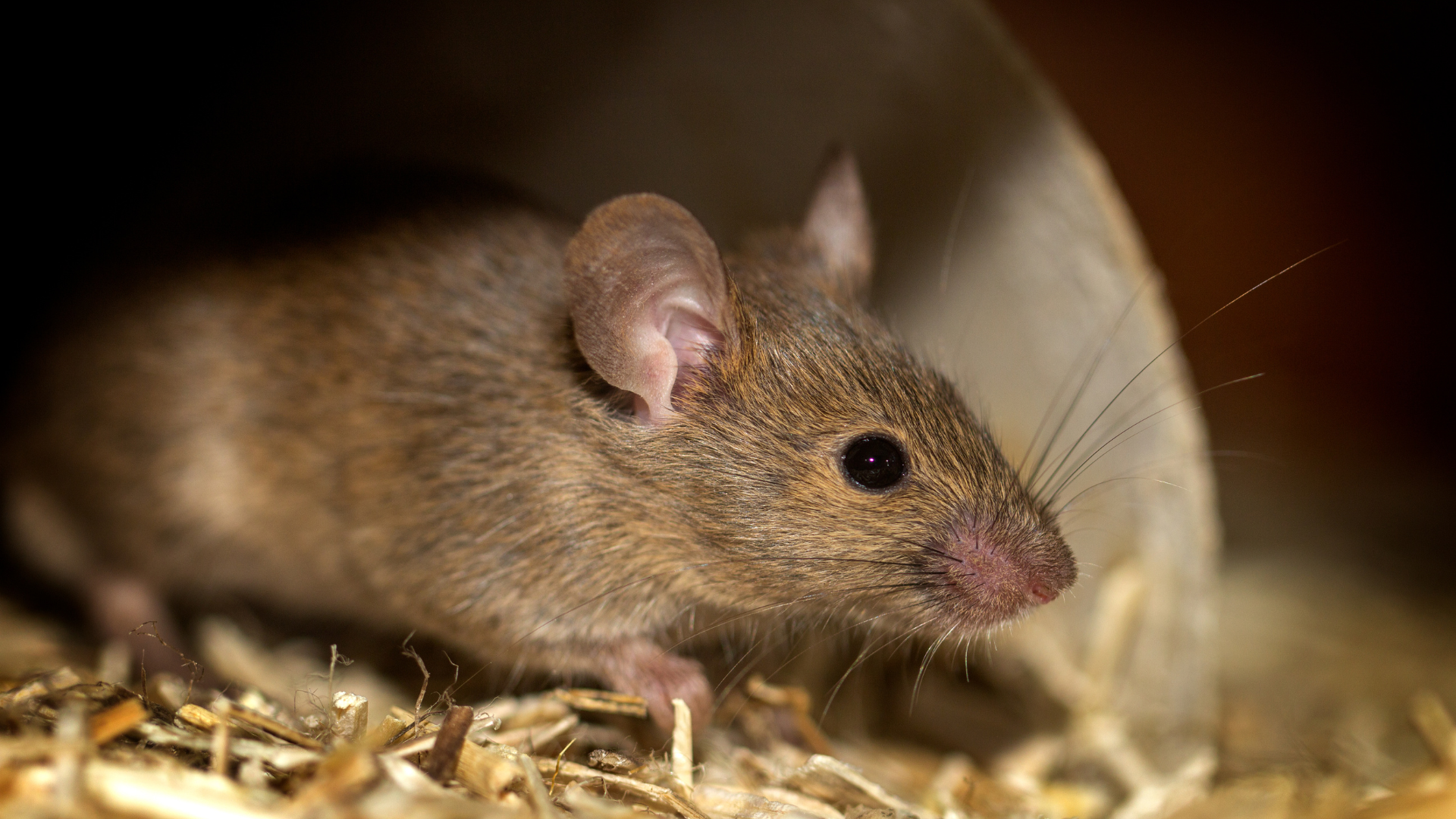










In the wake of a surge in the rat population in the city of New York, the city is contemplating a novel strategy to manage its rat population by providing contraceptives to the rodents. The initiative was proposed by the city government following the unfortunate death of an escaped zoo owl named Flaco, who succumbed to rat poison. City Council Member Shaun Abreu, chair of the Committee on Sanitation and Solid Waste Management, introduced a new bill aimed at addressing the pervasive rat presence in subway stations and vacant lots by opting for birth control instead of the traditional lethal chemicals found in glue traps and rat poison.
Also Read: UK to Criminalize Creation of Sexually Explicit Deepfake Images to Combat Violence Against Women
Previous attempts to control rat numbers with traps and poison bait have proven ineffective, prompting officials to explore alternative methods. With advancements in rodent birth control and waste management, the City Council is eager to revisit the idea. Under the proposed bill, the city’s health department will distribute salty pellets that sterilize both male and female rats as part of a pilot program. This initiative will initially target two neighborhoods within designated “rat mitigation” zones, spanning at least 10 city blocks.
Mr. Abreu expressed confidence in the effectiveness of this approach, stating, “We believe that we need to take a shock-and-awe approach to the rat problem by throwing everything we have at it.” He emphasized the importance of protecting birds of prey from consuming rats contaminated with rodenticides.
Also Read: Pakistan’s Interior Minister Alleges India’s Involvement in the killing of Sarabjit’s murderer
The rat contraceptives, derived from an extract used in human medicine for treating rheumatoid arthritis, work by blocking ovulation in female rats and disrupting sperm maturation in males. Known as ContraPest, this rat contraceptive has been approved by the Environmental Protection Agency (EPA). Dr. Loretta Mayer, the scientist behind the contraceptive, assured that the pellets are both appetizing to rats and pose no threat to other animals or humans. Describing the pellets as irresistible to rats, she stated, “It’s better than pizza.”
The approach of feeding contraceptives to rats while blocking their reproduction is considered humane and effective. Dr. Mayer emphasized that the goal is to deter rats from reproducing while minimizing harm to other species and the environment.










